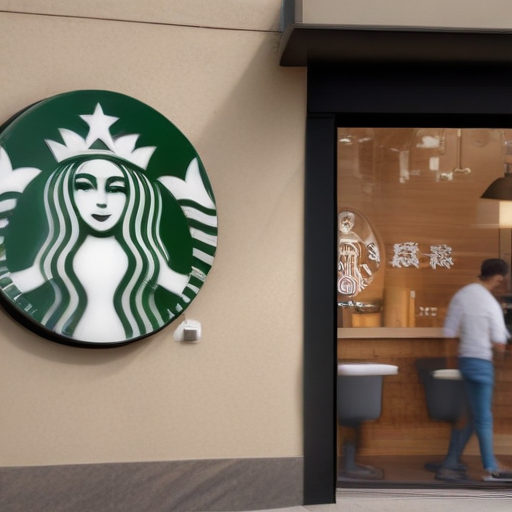Starbucks has announced a significant change to its restroom policy, implementing a requirement for customers to make a purchase before using the facilities. This decision marks a departure from its 2018 open-door policy that was introduced following the controversial arrest of two Black men who were simply waiting for a business meeting at a Philadelphia location. The reversal comes as part of new CEO Brian Niccol’s strategy to address declining profits, asserting that the updated code of conduct aims to clarify that their spaces—cafes, patios, and restrooms—are designated for use by paying customers and staff.
The policy adjustment will be rolled out across over 11,000 Starbucks stores in North America and will involve a three-hour training session for employees. This shift is intended to improve customer experience, with Niccol emphasizing the need for quicker drink preparation and a more straightforward menu as part of a broader turnaround strategy.
While this move may help boost sales, it also presents challenges for individuals who depend on public restrooms, including those with medical conditions or pregnant individuals. The availability of accessible public toilets is a persistent issue in the U.S., prompting initiatives that assist people in locating them, especially in urban environments.
Starbucks aims to maintain its identity as a “third place” for communities—a space separate from home or work—especially crucial in the wake of the COVID-19 pandemic. The current trend indicates a decline in such communal spaces, highlighting the importance of restoring them for societal wellbeing and collective happiness.
As Starbucks adapts to a changing marketplace, the hope is that these policy shifts will not only enhance the company’s financial health but also contribute to the overall atmosphere within its cafes, fostering a sense of community while navigating new operational challenges.
